The actress turned to professional help and a revamped evening routine for better sleep.
Jennifer Aniston opened up about various sleep concerns she’s struggled with for decades in a recent interview with People. The 53-year-old actress spoke about her experiences with insomnia, sleepwalking, and sleep anxiety, plus what’s helped her get her sleep back on track.
“I think it started somewhere in my 30s or even earlier,” Aniston told the publication. “It began as something that I would just accept, and then all of a sudden you realize the effects of your lack of sleep and how it affects your day and your work and your mind function and physique.”
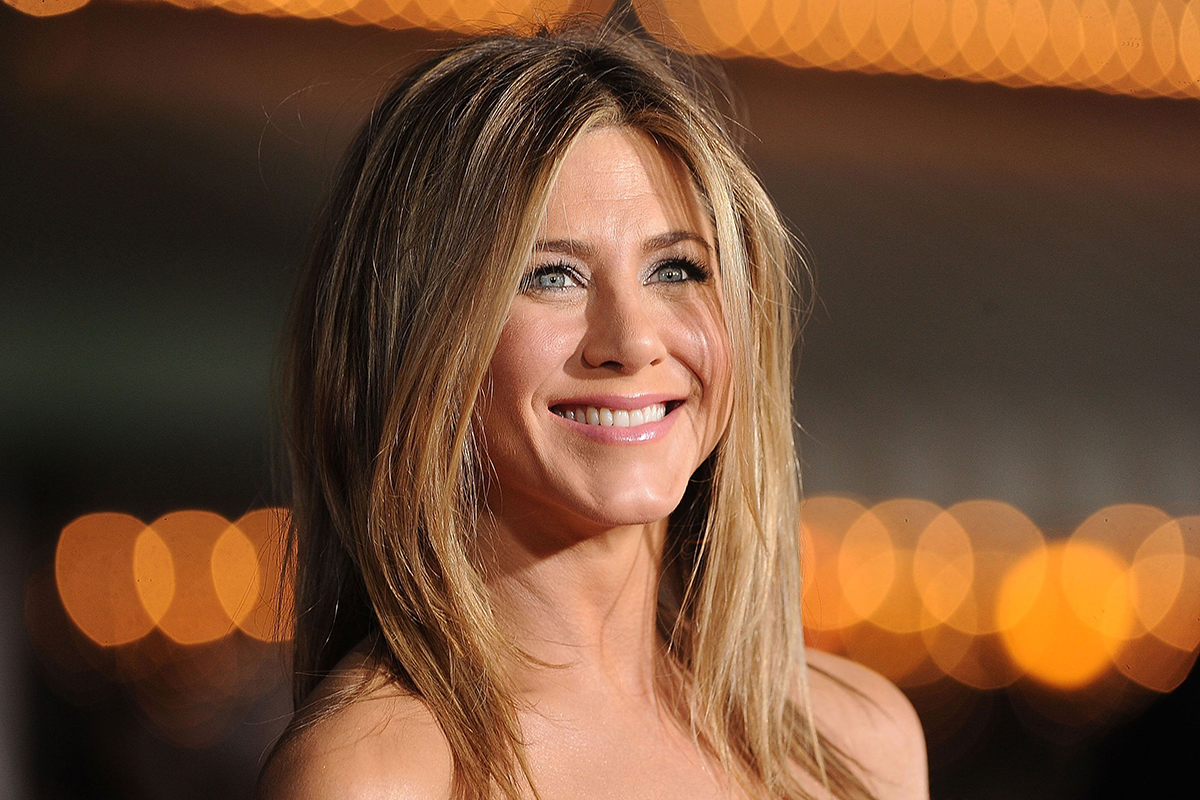
One common issue Aniston experienced was sleep anxiety caused by watching the clock as she struggled to fall asleep — "a big no-no," she said to the magazine. It often put her in a state of constantly calculating how many hours had passed while she unsuccessfully attempted to fall asleep. "And the more I worry about it, the harder it is to fall asleep," she added.
Along with sleep anxiety, the star has dealt with sleepwalking — a habit she noticed happening when she was "super sleep-deprived," she said. "I've been woken up by house alarms going off that I've set off."
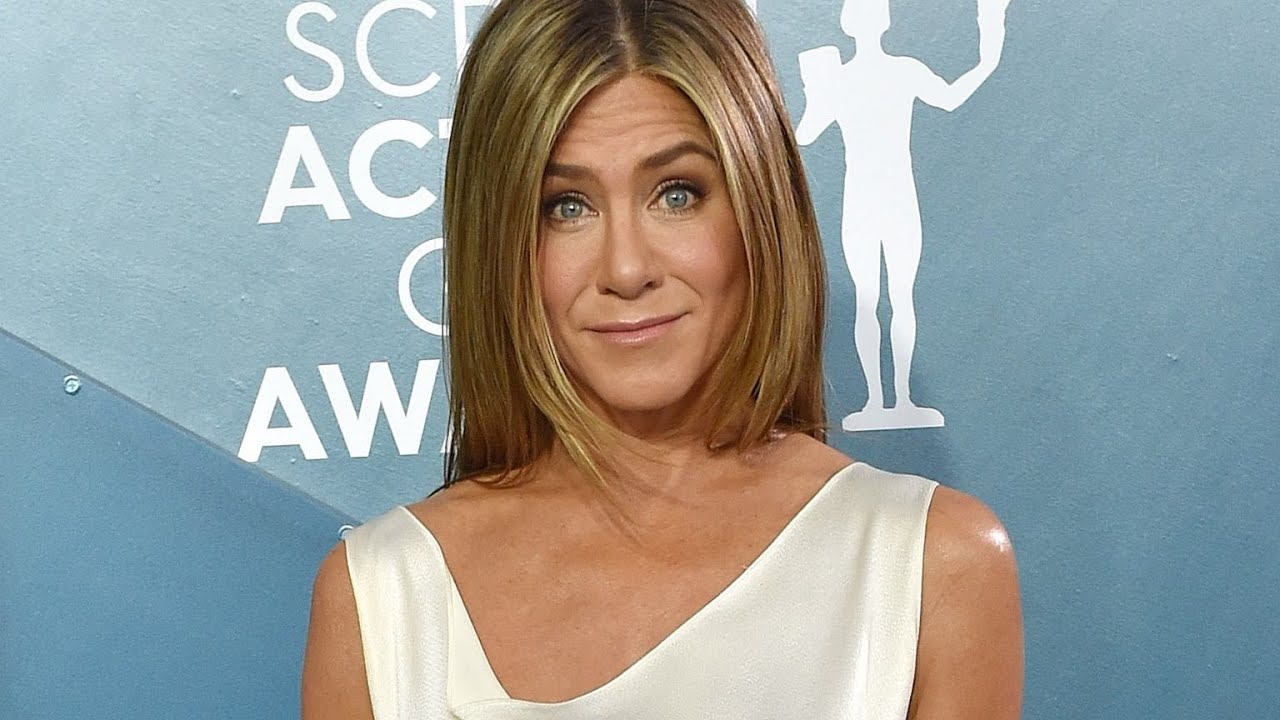
Despite her issues with falling and staying asleep, Aniston didn't get professional help right away, she said in the interview. It wasn't until she realized how much her lack of sleep was affecting other areas of her life that she decided to prioritize tackling her insomnia.

Aniston's experience lines up with the typical effects of missing out on sleep. The short-term results of not getting enough sleep include lack of alertness, impaired memory, mood changes, and excessive daytime sleepiness, according to . More serious consequences caused by chronic lack of sleep include high blood pressure, diabetes, depression, and even heart failure, which is why speaking with an expert, something Aniston "absolutely recommends people do," is important.
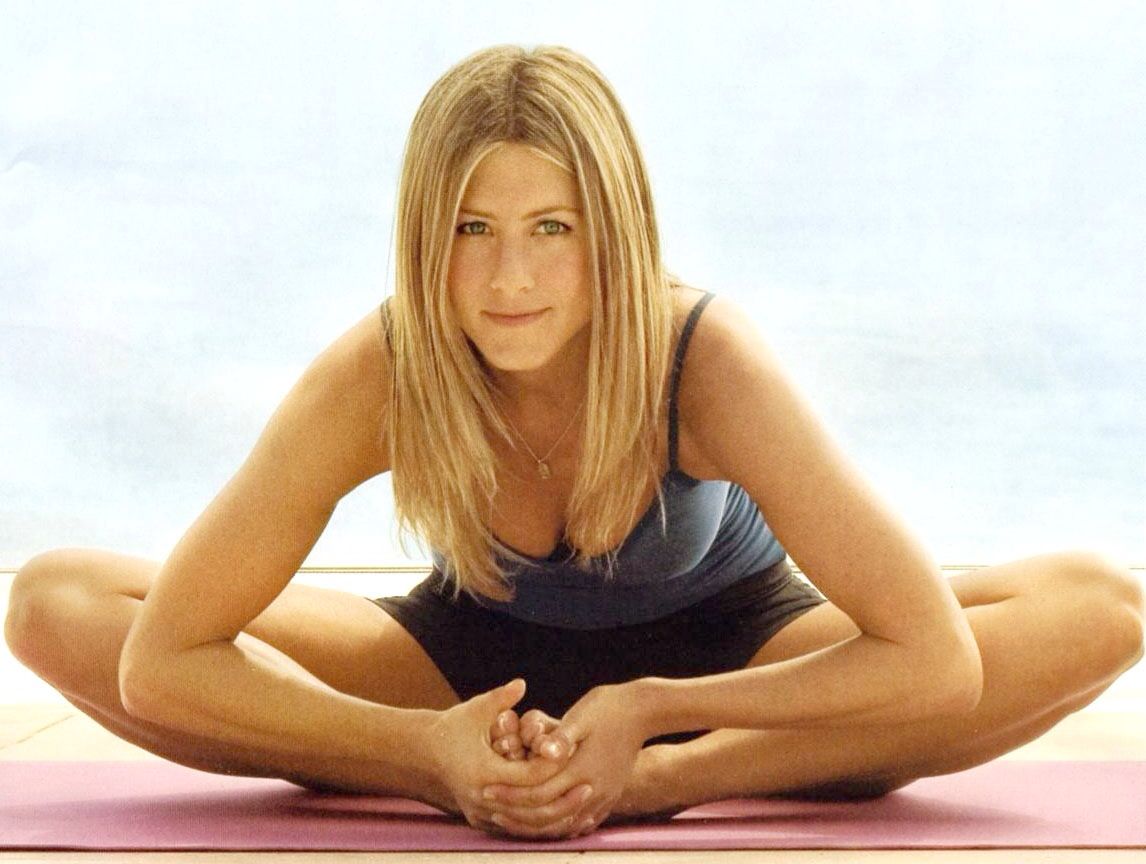
In addition to seeking help from a doctor, Aniston also began implementing a nighttime routine to help her wind down and get ready for bed, which consists of stretching and yoga, she told People. Aniston also makes a point to leave her phone out of her bedroom to create a restful environment for sleep and eliminate distractions. Staying off your phone before bed is helpful, since the light emitted by tech devices can suppress the natural production of the sleep-inducing hormone melatonin, according to the Sleep Foundation.
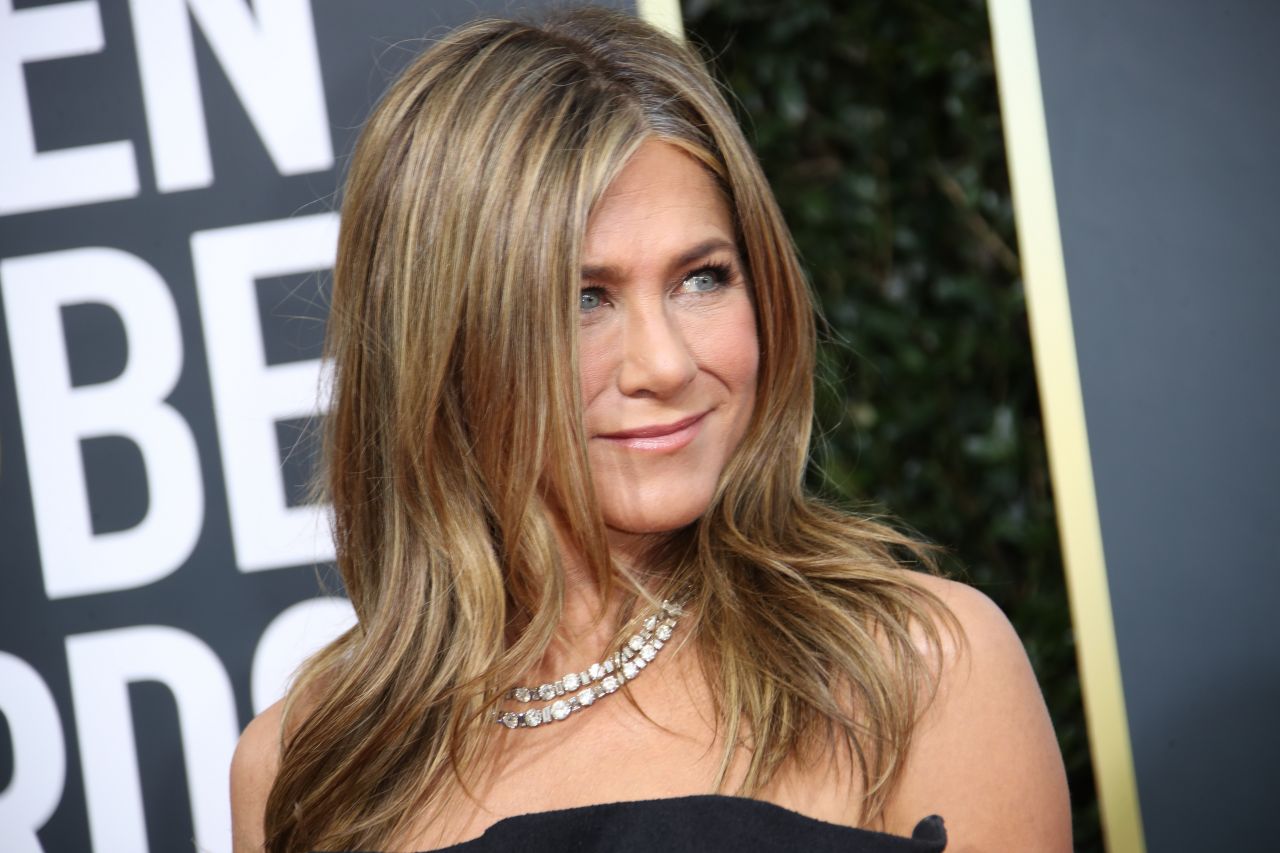
Another one of Aniston's go-to tips for getting enough shut-eye? She tries to "make bedtime the same every night." This helps put the body on a schedule and reinforces your sleep-wake cycle. "Maintenance of relatively consistent wake-up times (even on weekends) and simple exposure to natural sunlight early in the morning can help to stabilize the body's circadian rhythm patterns," Marcie Claybon, M.D., a board-certified internal medicine physician and medical director at BIÂN previously told Shape.
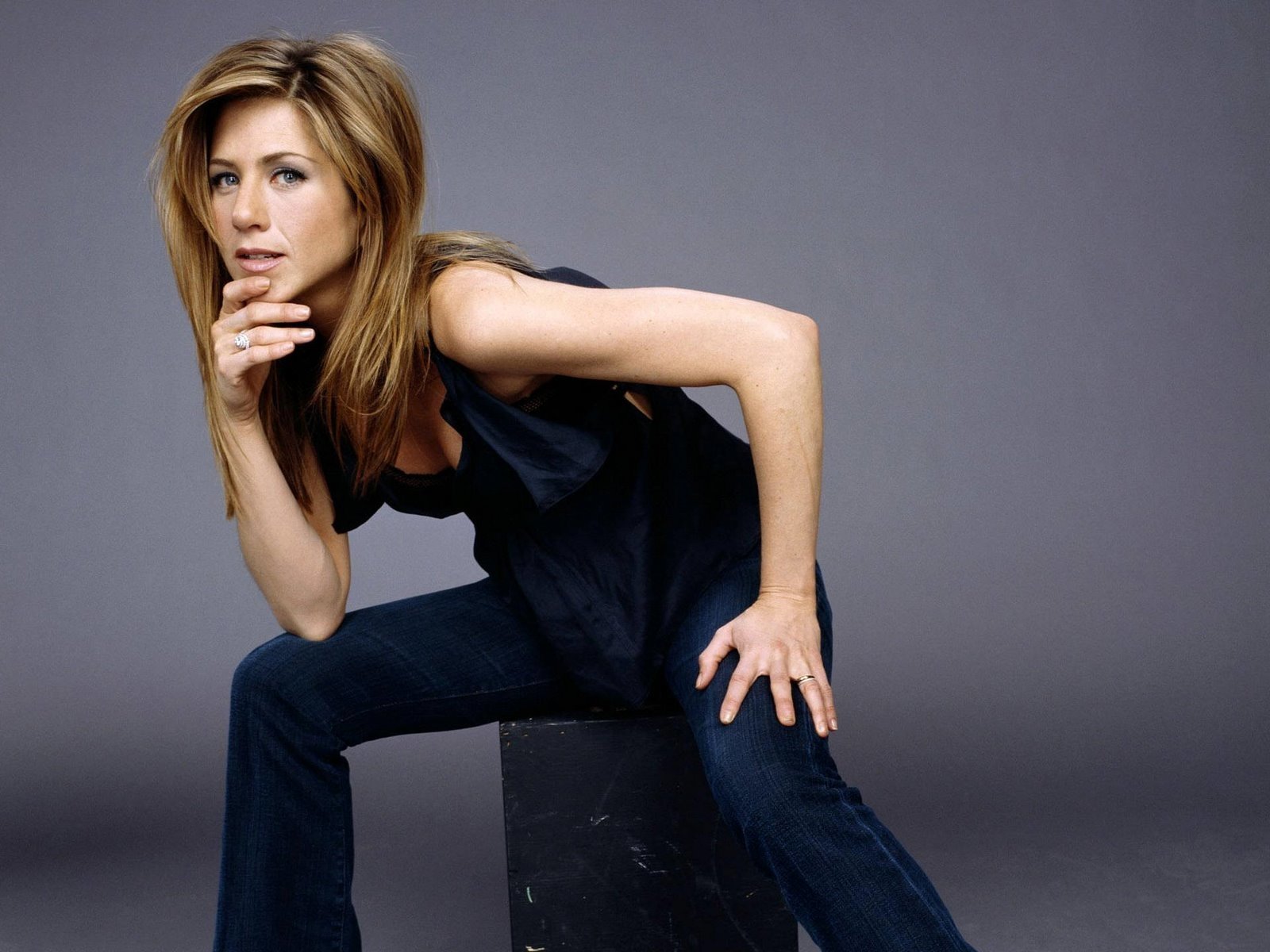
The combination of professional help and establishing a nighttime ritual helped Aniston get her sleeping habits back on track. If you're struggling with insomnia, sleepwalking, or sleep anxiety, you may consider following Aniston's lead, because getting a good night's sleep will be worth the effort.
